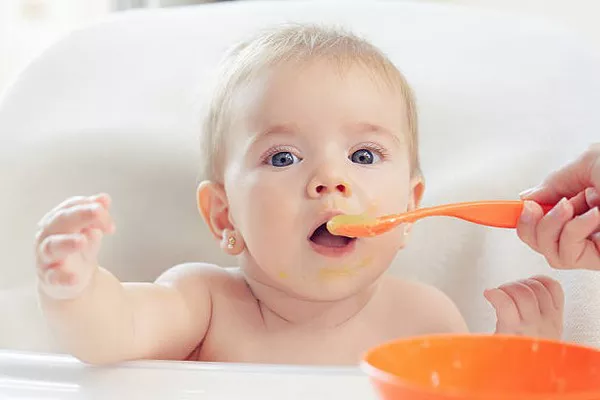In Philippine culture, the mother occupies a revered and symbolic place. Renowned national artists like Fernando Amorsolo, Benedicto “BenCab” Cabrera, Vicente Manansala, and Napoleon Abueva have each captured the essence of motherhood in their works of art. Our deeply ingrained Catholicism further emphasizes this theme, with a strong Marian influence. However, this veneration of mothers often comes with a paradox: it is only as long as a mother dedicates herself solely to her child’s needs. There exists a persistent stereotype of the “martyr mom” – the mother who selflessly prioritizes her family’s welfare over her own, and the moment she dares to attend to her own needs, she is often vilified.
I vividly recall a convenience food commercial from years ago, where a harried mother rushes home after a long day at work because her husband and son sit on the front steps, stomachs growling with hunger. The advertisement intended to demonstrate how a meal could be quickly prepared, but the underlying message raised questions about why the father, who had arrived home earlier, couldn’t have taken charge. The guilt burdened upon the mother was a result of her long working hours, most likely driven by the necessity to support her family financially. What if a mother chose to prioritize her self-care? How much more “selfish” would society perceive her to be?
A woman’s relationship with her motherhood is influenced even before conception. As children, baby dolls are thrust upon us, and “bahay-bahayan” (playing house) is encouraged, reinforcing the traditional roles of women. In contemporary society, some of my friends grapple with the immense pressure to have a child, feeling incomplete or purposeless without one.
On the flip side, I see other friends wrestle with defending their choice to remain childless, needing to constantly justify that a life without children can be just as meaningful. Once marriage enters the equation, inquiries about an impending baby arise. If not, well-intentioned yet tactless relatives express disappointment and often accuse the couple of postponing parenthood.
While postpartum depression is a widely recognized concern, the peripartum period also brings anxiety and depression. Pregnancy, from personal experience, is one of the most tumultuous phases in a woman’s life, stirring up a whirlwind of emotions. The body undergoes a relentless series of changes and sensations, many of which are far from pleasant. Medical interventions are often restricted to safeguard the baby’s health, leaving mothers to endure physical discomfort on their own. Medical professionals tend to prioritize the baby’s well-being over the mother’s comfort. Amidst the excitement of a new family member, there’s an equal measure of fear concerning potential threats. Every sharp corner and exposed electrical outlet becomes a potential hazard. Every cough or sneeze from anyone nearby is perceived as a potential source of infection. Unsolicited advice on diet and lifestyle further complicates this anxious period. It’s easy for a pregnant woman to become increasingly paranoid, especially when coupled with insomnia and chronic fatigue, making it a remarkable feat when she doesn’t succumb to anxiety and depression.
The challenges persist after childbirth. The mother’s body is still recovering, yet she’s expected to care for her baby immediately. Mothers who lack extended support and are left alone at home while their partners work are most susceptible to postpartum depression. This makes one envious of other countries with postpartum care centers, hotel-like facilities that facilitate the recovery and adjustment of new parents to their transformed lives. Extending paternal leave would also provide much-needed relief, allowing fathers to support the mother and baby during the recovery period.
It’s imperative to comprehend that the mother’s well-being directly impacts the baby’s welfare. The two are inextricably linked. A burnt-out mother possesses fewer internal resources to provide effective care for her child. Consequently, we must provide comprehensive support to ensure the mother’s welfare. We should alleviate the pressures and burdens that society imposes upon mothers and offer both relational and infrastructural assistance. Instead of dictating to expectant and new mothers what to do, it’s far more productive to inquire about their needs. We must consistently remind ourselves that mothers are human beings, not saints. They have physical and emotional limitations, just like anyone else.



